Khalid Saifi’s wife appeals for bail as four months completes, says don't fear of investigation
Fri 26 Jun 2020, 01:07:27
(1).jpeg)
At 11 am on Feb 27, Nargis Saifi was at the Mandoli prison complex to see her husband Khalid Saifi, when she saw him arrive at the otherside of the plexiglass separation on a wheelchair with a plaster cast on both legs.
When Nargis picked up the phone to speak with him, Khalid told her he had been tortured at the Jagatpuri Police Station the previous night, after he was arrested for allegedly inciting a mob to pelt stones at the police in the final throes of the communal riots that consumed northeast Delhi in February.
“I won’t be able to tell you how I felt. Your mind stops. When he left me a day before, he was perfect. Then, I see him in pain. They tortured him so much over a protest,” she told HuffPost India.
Human Rights lawyer Rebecca John alleged that he was “brutally beaten inside the police station” at Khalid’s bail hearing on 21 March, but Additional Sessions Judge Manjusha Wadhwa denied him bail, claiming that a co-accused, who is a minor, had given a statement to the effect that Khalid handed him a country made pistol.
His lawyers say the police may have coerced a statement from the minor while they had him in custody and the confession of a minor has zero evidentiary value.
John argued that testimony of a co-accused is not admissible in a trial, and it should not be in bail hearing, but Judge Wadhwa said that Khalid was accused of grave crimes in FIR 44/2020.
That same day, the police booked him under a second FIR, the now infamous “conspiracy FIR” or FIR 59/2020 that says former Jawaharlal Nehru University and political activist Umar Khalid and his associates were behind the Delhi Riots.
Khalid Saifi, a 39-year-old businessman, has now been incarcerated for four months in Mandoli Jail, where the first coronavirus case was detected in May.
Despite rising coronavirus cases in Delhi, and the police failing to furnish the charge sheet within the stipulated 90 days since Saifi was arrested in FIR 59, Additional Sessions Judge Dharmender Rana on 16 June gave them an additional two months ― till 14 August ― to complete their investigation, in effect prolonging his stay in jail.
For 33-year-old Nargis, Saifi is a religiously devout man, a good husband, and devoted “aboo” (father) to their three young children. Her husband, she said, was not content working in his family’s successful furniture business, and that is why he had dedicated himself to becoming a community leader, and then a social activist, who had protested against the Narendra Modi government’s controversial citizenship law, the Citizenship Amendment Act or CAA, which critics says puts Indian Muslims at a disadvantage.
The Delhi Police claims Saifi is the go-between for Umar Khalid and Tahir Hussain, a politician accused of murdering a government employee during the riots. The police also claim that Saifi met and received money from Zakir Naik, an Islamic preacher and fugitive wanted by the Indian government, and he is a key conspirator who instigated the Delhi Riots that claimed 52 lives.
Describing each of these allegations as “rubbish,” Harsh Bora, a Delhi-based lawyer who also represents Saifi, said the Delhi Police had presented no evidence to support these claims about his client’s connection with Naik.
“There is no evidence behind this grand conspiracy theory,” Bora said.
Umar Khalid has said there is not an iota of truth in the allegations against him.
The police are yet to investigate members of the ruling Bharatiya Janata Party (BJP) despite widely circulated videos of them inciting crowds and leading angry protests chanting “shoot the traitors”. This has added to the impression that the investigation into the riots is politically motivated.
Video footage of the riots showed that uniformed policemen were responsible for at least some of the deaths, violence and vandalism. But the FIR into one such death, that of 23-year-old Faizan, omits any reference to the police’s alleged role in the incident.
The Delhi Police has maintained it is conducting an “impartial” investigation, and all arrests are based on “scientific and forensic evidence including video footages, technical and other footprints.”
In court, Public Prosecutor Irfan Ahmed opposed Khalid Saifi’s bail on the grounds that the police investigation against him had been considerably slowed by the coronavirus pandemic, and they needed more time to get data from his phone and probe his alleged sources of overseas funding.
Nargis believes the Indian judiciary will eventually find her husband to be innocent, but she cannot fathom the reasons for his continuing incarceration.
“They have his passport. They have his mobile phone. Remember, these are only allegations. They are yet to be proved. The police can keep investigating but why can’t he get bail?” said Nargis. “I’m sure he would follow all conditions set by the judges. They don’t seem to care that he is in jail in the middle of the deadly pandemic.”
“We need him home. You can rely on friends and relatives for a few days or weeks or a month. Then you are on your own,” she said.
The Delhi Police, his wife said, had targeted her husband because he organised protests against the Citizenship Amendment Act (CAA).
“I think they are doing everything to keep him behind bars just to make him suffer. You keep a family man in jail for four months and he will break,” she said. “They want to break him. You have broken him. How much more do you want to break him?”
They don’t seem to care that he is in jail in the middle of the deadly pandemic.
Keeping Khalid Saifi in jail
Ten of the 14 people arrested under FIR 59, which invokes the Unlawful Activities Prevention Act, India’s draconian anti-terror law, are behind bars.
Jamia Millia Islamia University student Safoora Zargar, who is five months pregnant, was granted bail by the Delhi High Court, but only after three failed attempts in a district court, and considerable media coverage at home and abroad. The bail was granted on humanitarian grounds, not on the merits of the case, and Judge Rajiv Shakdher made it clear that it was not precedent.
Three members of the Popular Front of India, an Islamist organisation, were granted bail on 13 March, when the four sections in the FIR were bailable.
Two days later, on 15 March, the Delhi Police added the gravest crimes in the land, including murder and sedition, to the FIR. A month later, on 19 April, terrorism was added through the UAPA.
On 21 March, Ishrat Jahan, a lawyer, a Congress Party member, and Saifi’s co-accused was granted bail in FIR 44, but rearrested the same day in FIR 59. Saifi was denied bail in FIR 44 and also arrested in FIR 59. However, they were both on the verge of getting statutory bail because the Delhi Police had failed to complete the investigation and file a chargesheet within 90 days of arresting them under FIR 59.
But last week, the Delhi Police used the UAPA to override their statutory bail and asked Additional Sessions Judge Dharmender Rana till 17 September to complete their investigation. Rana gave them till 14 August.
Lawyers can still try for bail on merit, but this is widely considered a futile exercise once UAPA is invoked.
88 chargesheets have been filed in connection with the Delhi Riots, The Hindustan Timesreported on 10 June. Both Jahan and Saifi have been named in the chargesheet filed in FIR 44.
While Jahan would have been able to walk out of jail, Saifi, who was denied bail in FIR 44, would still need to get bail in that previous case as well.
Khalid Saifi
Their father’s incarceration is making her children — Yaha,
12, Tasa, 10, and Miriam,6, grow up faster than Nargis likes.
12, Tasa, 10, and Miriam,6, grow up faster than Nargis likes.
When a news channel earlier this month reported incorrectly that Khalid Saifi had just been arrested, and his face was flashed against its breaking news banner, they switched off the television for two days and took away their mother’s mobile phone.
“They took the mobile from my hand. They said, ’Ammi, don’t look at FB (Facebook) and you won’t attend anyone’s call,” she said. “They tell me, ‘Ammi, please don’t worry, Aboo will be back.’ Sometimes, I am a source of their strength, but very often, they are a source of mine.”
When he returned home after graduating from Symbiosis College in Pune, Saifi joined his family’s furniture making business. A few years later, he started his own company, organising travel for Muslims making the religious pilgrimages to Mecca.
He became more active in the community, campaigned for the Aam Aadmi Party in Delhi, Goa and Punjab, and eventually joined United Against Hate, a collective of social activists who say they stand against the Hindu nationalism and anti-Muslim sentiments which the current dispensation has allowed to fester and grow.
“I would tell him why you are getting involved in trying to fix other people’s problems. Everyone is only looking after their own life,” she said. “He would say, ‘You have to die today or you have to die tomorrow. You might as well be remembered for helping other people.’”
The case against Khalid Saifi
When Public Prosecutor Irfan Ahmed spoke of Saifi in Judge Rana’s court in Patiala House on 15 June, it was to lay out why Saifi had to stay in jail till 17 September.
Ahmed said that due to a technical fault, the Delhi Police had failed to retrieve the data from Saifi’s phone since he was arrested on 26 February, and they could not find a technician because of the coronavirus lockdown that started a month later on 26 March, and ended on 31 May, two weeks before the hearing.
Ahmed said that one of Saifi’s co-conspirators was in quarantine in Meerut and could not be interrogated. He did not say when this co-conspirator was placed under quarantine and whether it had been lifted.
Ahmed said the lockdown had also stymied the police’s efforts to locate a person in Singapore who allegedly transferred funds to Saifi in order for him to further the conspiracy behind the Delhi Riots.
His arguments were countered by Saifi’s defense lawyer Bhavook Chauhan, who said the UAPA required the state to give “compelling reasons” to prolong a citizen’s incarceration, and the police had failed to do so in his client’s case.
Saifi’s phone, Chauhan said, is with the Delhi Police and his continued incarceration would make no difference to their findings.
On the argument about tracing the alleged funder based in Singapore, Chauhan said there were treaties and protocols in place for Indian authorities to investigate fund transfers from overseas, and he asked if the Delhi Police had even placed an official request in the three and a half months since Saifi was arrested.
Chauhan said, “My (Saifi’s) detention has nothing to do with it.”
Judge Rana disagreed with Chauhan and gave the police till 14 August to investigate.
In his order, Rana said the police had justified keeping the accused in further custody and the contention of the defense was “meritless and deserves to be dismissed.”
‘A sensible man’
When Nargis first met Saifi at a Pizza Hut in Connaught Place in October 2006, they were already engaged to be married. Their marriage was arranged by their families. She was studying history in college but dropped out after the first year to marry a man she had only seen in a photograph.
“But we both decided to meet once before we got married,” said Nargis, chuckling for the first time in an otherwise grim conversation. “We thought it was a good idea so there are no issues later. Our parents did not know then but they came to know later.”
They ordered a pizza, but Nargis recalled that she only picked at the chillies.
“I did not talk much,” she said of that first meeting. “I thought he was a sensible man.”
Her marriage was a happy one, said Nargis. Saifi was devoted to her and their children, helping out with their homework, and sometimes even the cleaning and cooking.
But even in her world filled with domesticity, Nargis said that Saifi did not look at her only through the prism of his wife and the woman raising their children. He shared his aspirations with her, and she was conscious of his transformation from a businessman to a community leader and social activist.
“We have a small and sweet family. It usually is the case that children are most attached to their mothers. But since our children were born, aboo is their favourite,” she said. “He loves picking them up even when we go out. He wants to give them every happiness in the world.”
I thought he was a sensible man.
Conversations at home
Saifi, Nargis said, was distraught after he visited Assam and saw Hindus and Muslims living in fear in the northeast state, where the National Register of Citizens (NRC), an exercise to identify, detain and eventually deport people living without documents, was implemented last year.
Then, came the CAA, a law that allows people from Afghanistan, Pakistan and Bangladesh, living without documents in India, to apply for citizenship as long as they are not Muslims. This, for the first time, makes religion the basis for granting Indian citizenship. When read along with the NRC, critics say the new law will only disenfranchise Indian Muslims who cannot produce the documents to prove their citizenship.
As Saifi joined protests against the CAA, Nargis said they would discuss these matters at home and sometimes bicker about why he needed to get involved.
“I said ‘why do we need to worry? You are from Delhi. I am from Delhi. We have our documents. Why should we have to worry about it. We have proof of your parents. We have proof of my parents. Then, why should we be worried,’” said Nargis.
“But he would say the world does not work like that. You have to say what is right and what is wrong,” she said.
But he would say the world does not work like that. You have to say what is right and what is wrong.
Saifi sharing his feelings, Nargis said, sparked her interest in the anti-CAA movement.
Eventually, Nargis said, the movement and the momentum it gathered is the reason that women like her, who are otherwise consumed by the lives of their husband and children, became interested in what was happening in the wider world and its consequences for them.
“Women like us who stay at home and cook and just take care of the children, do not always know about what is happening in the country. That changed a little,” she said. “I knew a census happened but never knew how it happened or when it happened. I got to know about what CAA, NRC and NPR (National Population Register) are.”
The first few weeks after Saifi’s arrest were hell, but Nargis says she willed herself into regaining her composure.
There are some particularly hard days, like the day Judge Rana closed the door on statutory bail for her husband, but she knows falling apart is not an option for a mother who is taking care of three children on her own.
“If a mother breaks then it will hurt our kids,” she said. “I cannot break.”
Thanks
HUFFPOST
https://www.huffingtonpost.in/entry/khalid-saifi-bail-delhi-riots-delhi-police_in_5ef37957c5b615e5cd37e8fb
No Comments For This Post, Be first to write a Comment.
Most viewed from National
Most viewed from World
AIMIM News
Delhi Assembly polls: Owaisi leads Padyatra in Okhla
Feb 01, 2025
We reject this Waqf Amendment Bill: Asaduddin Owaisi
Jan 30, 2025
Latest Urdu News
Most Viewed
May 26, 2020
Which team will win the ICC Men's Champions Trophy 2025 held in Pakistan/Dubai?
Latest Videos View All
Like Us
Home
About Us
Advertise With Us
All Polls
Epaper Archives
Privacy Policy
Contact Us
Download Etemaad App
© 2025 Etemaad Daily News, All Rights Reserved.

.jpg)
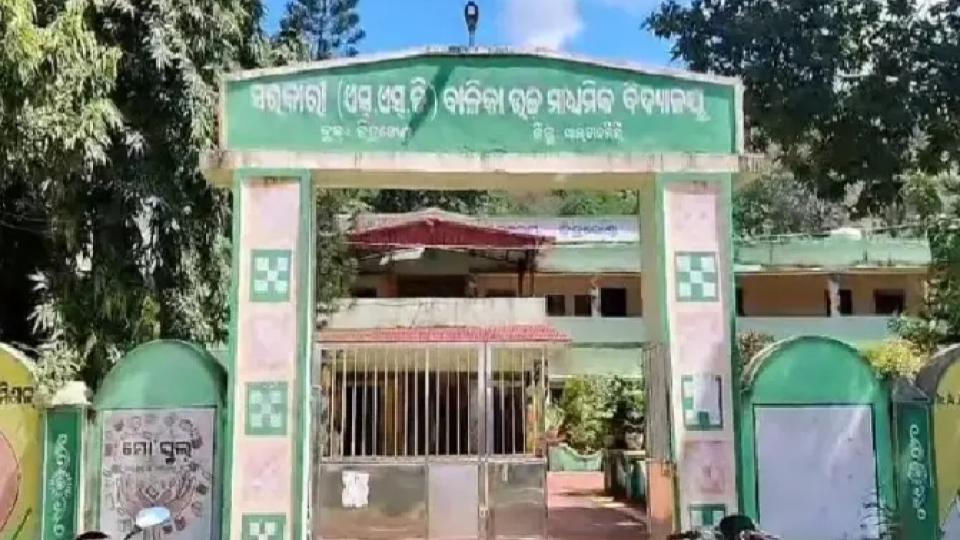
.jpg)
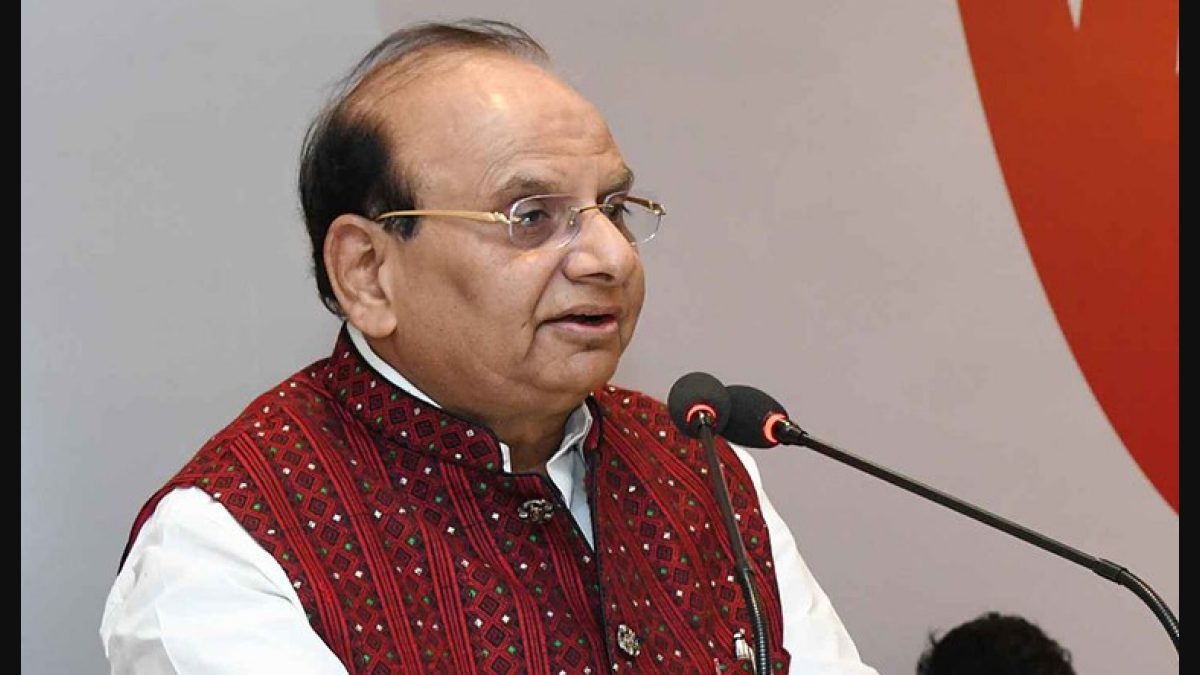



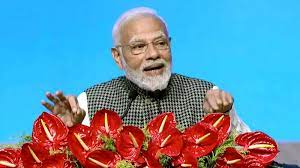
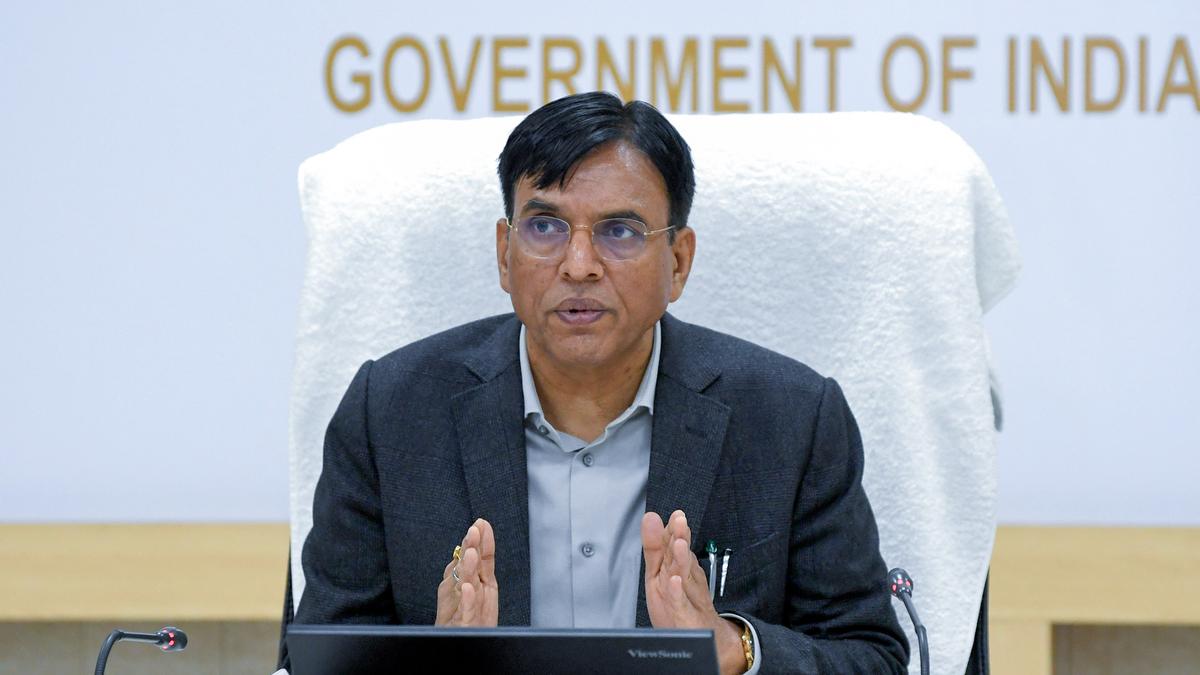
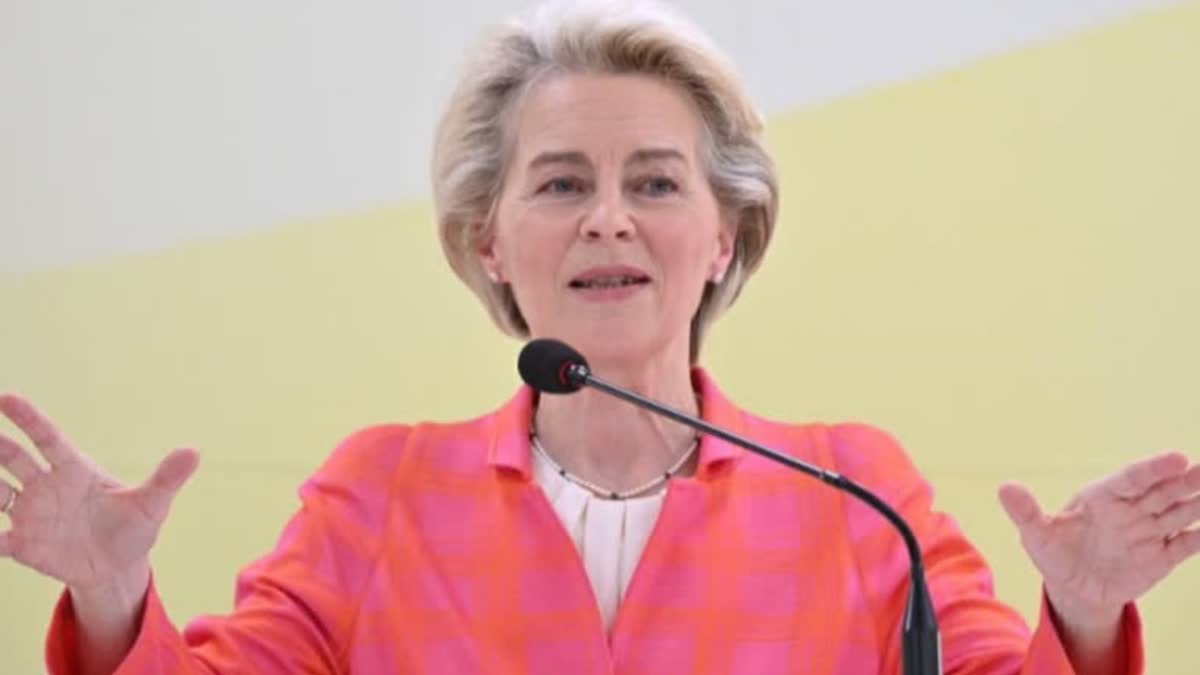


.jpg)
.jpg)
.jpg)
.jpg)
.jpg)
.jpg)
.jpg)
.jpg)
.jpg)
.jpg)



















